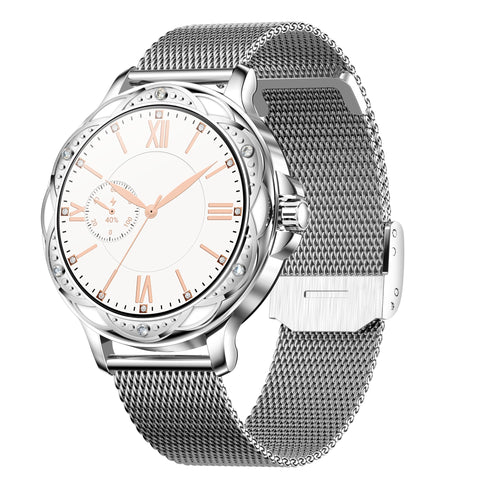How to Chew Food Properly
Chewing is the first step in the digestive process and plays a crucial role in how well our bodies absorb nutrients from the foods we eat. Proper chewing can improve digestion, enhance nutrient absorption, and even aid in weight management. Despite its importance, many of us tend to overlook this simple yet essential part of eating.
Why Chewing Properly Matters
1. Improved Digestion
Chewing breaks down food into smaller, more manageable pieces, making it easier for your stomach to process. Saliva, produced during chewing, contains enzymes that begin breaking down carbohydrates and fats, kickstarting the digestive process before food even reaches your stomach. Properly chewed food is easier to digest, reducing the risk of digestive discomfort such as bloating, gas, and indigestion.
2. Enhanced Nutrient Absorption
When food is thoroughly chewed, it increases the surface area for digestive enzymes to work on, allowing for more efficient nutrient extraction and absorption. This means your body can better absorb essential vitamins, minerals, and other nutrients from the foods you eat.
3. Weight Management
Chewing slowly and thoroughly can help with weight management. It takes about 20 minutes for your brain to register that you’re full. By chewing your food more thoroughly, you naturally slow down your eating pace, giving your brain time to signal that you’re satisfied. This can help prevent overeating and promote healthier eating habits.

4. Better Oral Health
Chewing stimulates the production of saliva, which helps neutralize acids and wash away food particles, protecting your teeth from decay and gum disease. Additionally, the act of chewing exercises your jaw muscles, contributing to overall oral health.
How to Chew Food Properly
1. Take Smaller Bites
Taking smaller bites of food makes it easier to chew thoroughly. Aim to cut your food into manageable pieces and avoid stuffing large amounts into your mouth at once.
2. Chew Slowly and Thoroughly
Aim to chew each bite of food about 20-30 times. This may vary depending on the type of food you’re eating; softer foods may require less chewing, while harder foods need more. The goal is to break down the food into a fine paste before swallowing.
3. Pay Attention to Your Eating
Mindful eating is key to proper chewing. Focus on the act of eating, savoring the flavors and textures of your food. Avoid distractions such as watching TV or scrolling through your phone while eating.
4. Practice Good Posture
Sitting up straight while eating can aid digestion and make it easier to chew your food properly. Good posture allows for better control of your chewing and swallowing.
5. Drink Water Between Bites
Taking small sips of water between bites can help with the chewing process and aid in digestion. However, avoid drinking too much water during meals, as it can dilute digestive juices and potentially hinder digestion.
6. Listen to Your Body
Pay attention to your body’s hunger and fullness cues. Eating when you’re hungry and stopping when you’re full encourages proper chewing and mindful eating.
The Benefits of Mindful Chewing
Incorporating mindful chewing into your eating habits can have a profound impact on your overall health:
- Reduces Digestive Issues: Properly chewed food is easier on your digestive system, reducing the likelihood of indigestion, bloating, and gas.
- Improves Nutrient Intake: Thorough chewing enhances nutrient absorption, ensuring your body gets the most out of the food you consume.
- Supports Weight Management: Chewing slowly can help regulate appetite and prevent overeating, contributing to healthy weight management.
- Promotes Oral Health: Increased saliva production helps protect your teeth and gums from decay and disease.
Chewing food properly is a simple yet powerful practice that can significantly improve your digestion, nutrient absorption, weight management, and oral health. By taking smaller bites, chewing slowly and thoroughly, and practicing mindful eating, you can enhance your overall health and well-being. Next time you sit down for a meal, remember to give each bite the attention it deserves. Happy eating!












